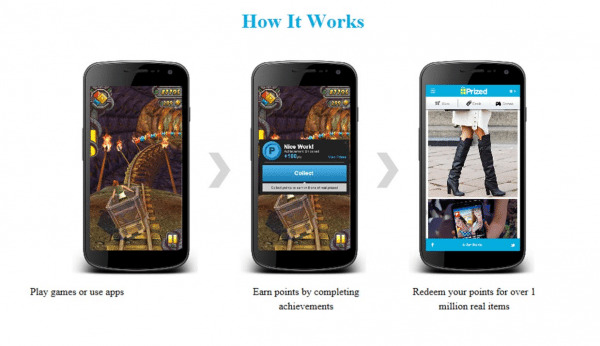Android App Secretly Mines For Dogecoin, FTC Not Amused
When you say your app is free of malware but does exactly the opposite, you aren't just lying, you could also be committing a crime. That is exactly what Prized app developers Equiliv Investments and Ryan Ramminger learned the hard way when they were slapped with an FTC complaint because their app actually used infected smartphones to help the developers mine for cryptocurrency like Dogecoin. The defendants wisely decided to settle out of court, which included a monetary judgment of $50,000, which is no small amount for someone desperately hunting for digital currency.
Unlike real money, cryptocurrency is created by running complex algorithms that require computing resources. In short, the more such computing power you have, the more fruitful your mining would be. Without such resources, Prized app developers resorted to the next best thing: pooling the computing power of dozens of smartphones to do the work for them.
Prized masquerades as a rewards app that unwitting users believe will help them earn points just by downloading certain apps or playing games, points which they can later redeem for real life discounts. That alone should probably raise some warning flags. Nonetheless, the Android app promises no malware, and then sets out to do the opposite. The mining malware might seem innocent enough. It doesn't directly compromise the user's privacy or security, but the effects are just as damaging. Users with infected devices will suddenly find theirs phones sluggish and easily drained because of the mining program constantly churning in the background.

And the issue isn't as innocent as it sounds. It actually violates at least two laws, the FTC Act as well as the New Jersey Consumer Fraud Act. In this situation, settling definitely is the easiest way out. The District Court of New Jersey imposed a ban on the defendants on creating and distributing such kind of software ever again. They are also instructed to destroy all consumer information they have gathered through the app. There is also a $50,000 fine in damages, though $44,800 of the amount is suspended when the defendants pay $5,200.
This is another score for the FTC, who is increasingly updating its practices to keep up with the times in a thrust to protect consumers in what it calls financial technology or FinTech. Early this month, it reached a historic settlement, the first time that a failed Kickstarter became legally accountable.
SOURCE: FTC
